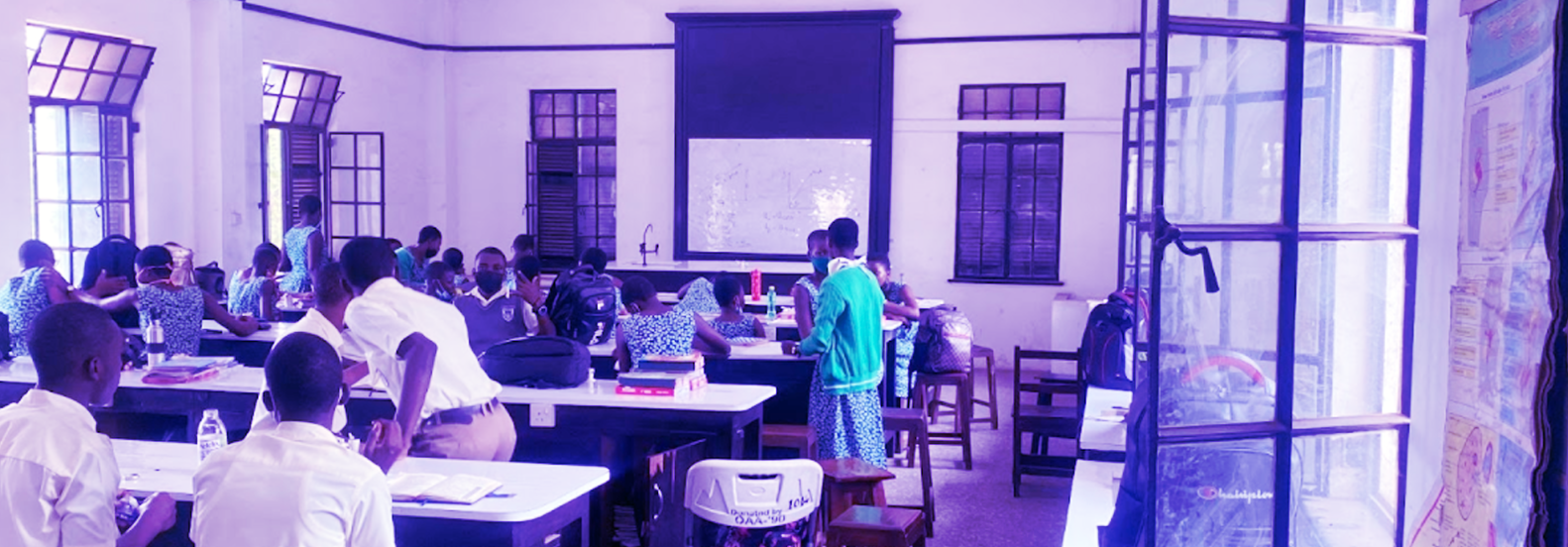Understanding Perspectives on Digital Education in African Contexts
Qualitative research examining the perspectives on the future of education from experts, students, teachers, and parents.

Overview
With schools closed around the world in 2020 and 2021 due to the global pandemic, education systems have had to adapt their practices to deliver lessons safely. This sudden shift of focus to remote and digital learning provided a unique opportunity for the Wikipedia Foundation to understand opportunities in the digital education space. The qualitative research sought the opinions of digital education experts both globally as well as specifically within the African context, and explored the perspectives and experiences of secondary school students, parents, and teachers in Kenya, Rwanda, and Ghana.
Top High Level Takeaways:
- Hunger for digital skills: While digital access varied across countries and different types of schools, all local stakeholders expressed an eagerness for digital literacy, seeing it as a key enabler for landing a good job and building a better life.
- Lockdown jumpstart: The shift to remote, digital education has largely relied on the initiative of individual teachers. Government remains woefully behind in developing structures for long-term technological change in education delivery.
- Low interest in local language for education: Surprisingly, students and parents both preferred that secondary education is provided in the colonial language rather than local. Switching to colonial language allows students to gain access to global knowledge and opportunities, and education is seen as the medium through which these language skills can be developed.
- Parents as gatekeepers: Parents are the gatekeepers for student digital learning. They are eager for their children to gain the skills that will provide them with an advantage in life, and when possible, provide access to devices and data for their childrens’ education. “I would like all schools to have digital learning because it exposes our learners to the global world. It is an easy way of learning because the child is able to learn at his own pace.”
- Public/private disparity: In Rwanda, private schools are much better equipped to deliver digital education. In public education, there is very low resourcing and awareness of digitally tools for education.